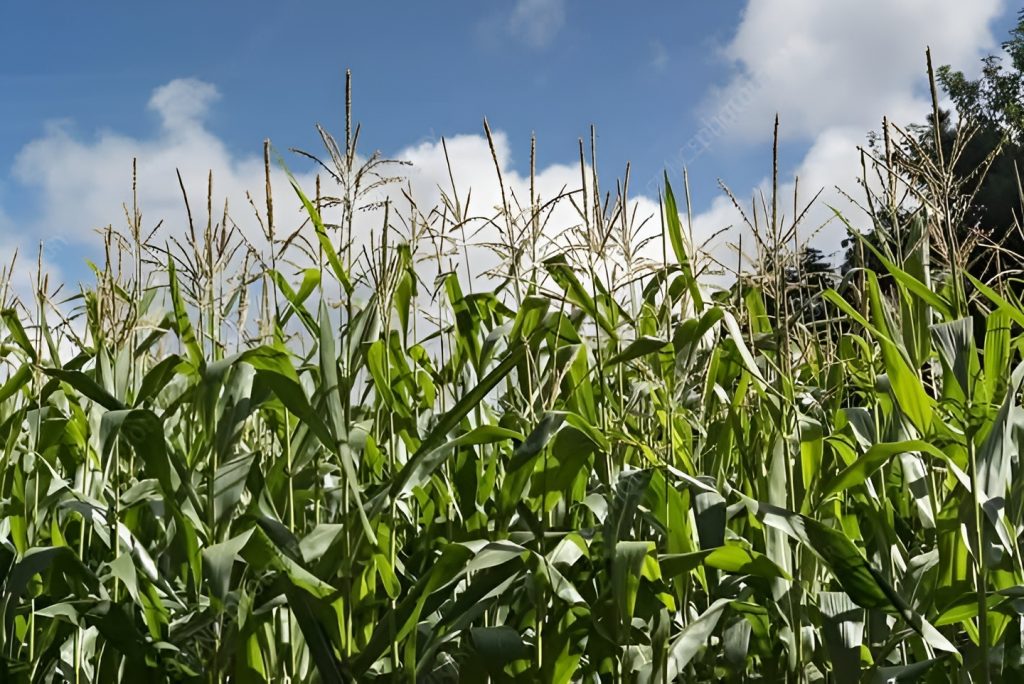
The National Maize Corporation (NMC) has increased maize imports by 39% in the 2024/25 financial year to counteract a 12% decline in national maize production, ensuring food security in Eswatini.
According to the Ministry of Agriculture’s 2024/25 Annual Performance Report, NMC imported 49,936 metric tons of white maize, marking a 14,211-ton increase from the 35,725 metric tons imported in the previous year.
The surge in imports was necessitated by a drop in local maize output, which fell from 85,201 metric tons in 2023 to 74,946 metric tons in 2024 due to adverse weather conditions.
Despite this challenge, NMC remained committed to stabilizing the country’s grain supply by maintaining an all-year-round market for local farmers while ensuring that millers and consumers continue to access maize at competitive prices.
To boost local production, NMC expanded its contracted farming area by 18.4%, from 4,509 hectares to 5,340 hectares, surpassing its 5,200-hectare target for the year.
Similarly, the area under production among contracted farmers increased by 60.7%, from 1,254 hectares to 2,015 hectares, exceeding the 2,000-hectare goal.
The corporation also saw a notable rise in the uptake of its Hamba Ubuye maize programme, which expanded from 1,000 hectares to 1,800 hectares, along with an additional 82 hectares recorded through the Horticulture/Grain Fund.
However, productivity among contracted farmers declined slightly, dropping from 2.79 metric tons per hectare to 2.71 metric tons per hectare, primarily due to a dry spell followed by heavy rains in January and February 2024.

To cushion farmers from financial strain, NMC pegged the maize producer price at E5,800 per metric ton between June and December 2024.
The corporation intensified efforts to support farmers through training and incentive programmes. A total of 2,015 farmers—exceeding the target of 1,800—were trained in Good Agricultural Practices to enhance productivity and resilience against climate challenges.


